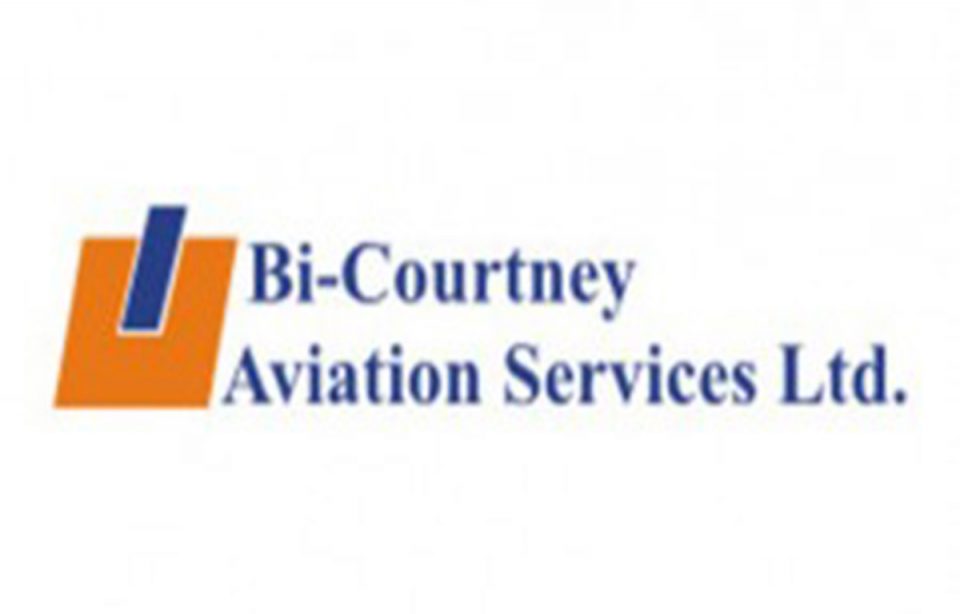Bi-Courtney Aviation Services Limited (BASL) and Maevis Limited are some of the indigenous companies that have joined international companies to express interest in managing the terminal facilities of four major airports in the country that the federal government intends to concession.
The airports include the Murtala Muhammed International Airport, Lagos; Nnamdi Azikiwe International Airport, Abuja; Aminu Kano International Airport, Kano, and the Port Harcourt International Airport, Omagwa.
THISDAY findings indicate that the federal government would review the prequalification requests and select the companies that would bid for the concession under the supervision of the Infrastructure Concession Regulatory Commission (ICRC).
“We are at the review stage of the expression of interest. This is the prequalification stage where companies have expressed their interest to bid for the concession of the airport facilities. After this evaluation, those who are qualified will bid for the concession.
“So it is the qualified companies that will bid and ICRC is supervising the whole process and the agency’s job will not come to an end until the job is completed,” the spokesman of the Ministry of Aviation, James Odaudu told THISDAY.
Last month the federal government had closed bidding for the airports and while announcing the closure of Request for Qualifications (RfQ) phase of the Nigeria Airport Concessions programme (NACP), the Ministry of Aviation had said the phase recorded a large expression of interest from reputable organisations worldwide.
The ministry had also said the RFQ stage would be followed with a Request for Proposal (RFP), which would be published and sent directly to qualified bidders for their respons
Odaudu explained that qualified bidders would be announced once the bid opening committee has received, opened and reviewed each submission based on the detailed Terms of Reference (TOR) and RFQ guidelines contained in the RFQ bidders’ package.
Many industry stakeholders have been making case for Nigerian companies to win the concession bid.
The Chairman BASL, Dr. Wale Babalakin had made request for first right of refusal, as he had expressed interest to bid for the concession, insisting that BASL has both the technical and practical experience.
The Secretary General of Aviation Round Table and former Commandant of the Murtala Muhammed International Airport, Group Captain John Ojikutu (retd), told THISDAY that he was in support of the concession going to an indigenous company.
“From the Bi-Courtney experience, am in support of the indigenous companies being given consideration for the airports concessions. We must however be planning to concession only the non-aeronautical services and we must know the value of the earnings from the services meant for the concession to be more than the current earnings.
“A comparison of the current earnings from the General Aviation Terminal (GAT), known as Terminal 1 and MMA2 non-aeronautical services will tell you that the passengers may be higher at GAT, the earnings are much higher at MMA2 and that explains why they have no much complaints about or from MMA2 as you hear about GAT and the Federal Airports Authority of Nigeria (FAAN).
“You don’t hear complaints of the MMA2 passengers terminal air-conditioning, toilets, conveyors belts, etc as you hear from the other terminals managed by FAAN,” Ojikutu said.
But industry consultant and CEO of Belujane Konsult, Chris Aligbe had said: “Indigenous companies may have the financial wherewithal but they may not have technical competence. For example, the Asaba airport was given to an indigenous company but it has technical partner in a global company, Menzies Aviation, which is managing many airports in Mexico. It will be a joke to concession the airports to indigenous companies.”
Speaking in the same vein, Managing Partner, Aglow Aviation Support Services Limited, Tayo Ojuri told THISDAY that the desire to have the right company to manage the airports should be bereft of sentiments so the company that has the capacity and the managerial capability should be chosen.
“You cannot engage indigenous company to manage Nigeria’s frontline airports. It is not a matter of indigene. That is sentimental. It is a matter of capacity, financial capability. The company that will win the bid should have the capability of expanding the airport and increase its capacity to three to five per cent annually.
“But an indigenous company can have international technical partner. When the concession of Heathrow Airport started in 1986, the Margret Thatcher administration gave it to a Spanish company, Ferrovial. What was important was the ability of the company to effectively manage the airport. The company has to deliver the needed competences,” he said.
The federal government had in June 2020, commenced the concession process for four new international airport terminals selected in Lagos, Abuja, Port Harcourt (PH) and Kano as the Minister of Aviation, Hadi Sirika, confirmed the had receipt outline business case certificate of compliance from ICRC for the concession of the four airports. The government in August 2021 listed the eligibility requirements for companies or organisations that want to bid for the concession of the four international airport terminals and other related.
These eligibility requirements include full names of firm/consortia, evidence of company registration, ownership structure of bidding entity, audited financial statements, sworn affidavit, Power of Attorney/Board Resolution and in the case of a consortium, evidence in the form of a letter of association agreement.




